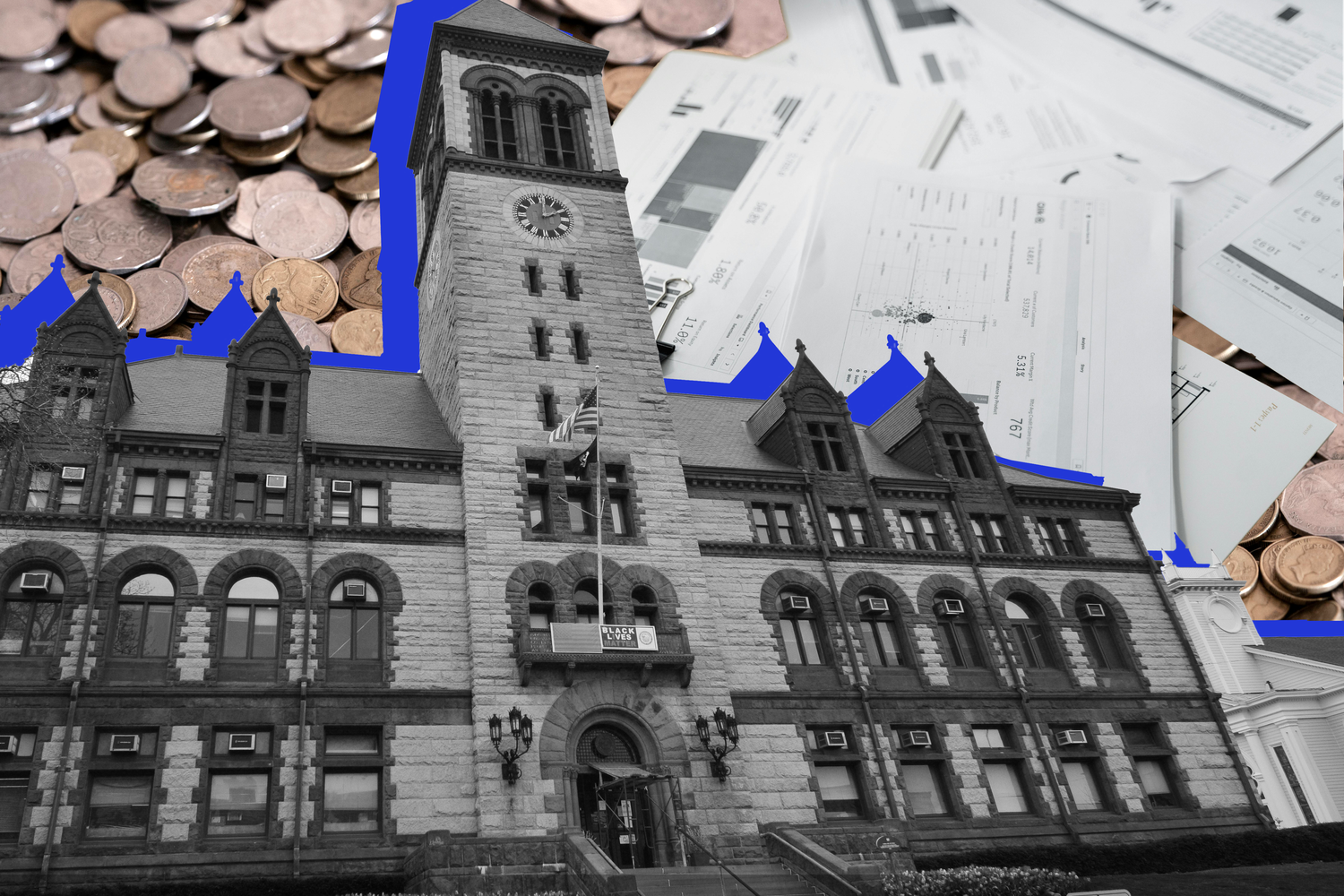
News
Summers Will Not Finish Semester of Teaching as Harvard Investigates Epstein Ties

News
Harvard College Students Report Favoring Divestment from Israel in HUA Survey

News
‘He Should Resign’: Harvard Undergrads Take Hard Line Against Summers Over Epstein Scandal

News
Harvard To Launch New Investigation Into Epstein’s Ties to Summers, Other University Affiliates

News
Harvard Students To Vote on Divestment From Israel in Inaugural HUA Election Survey
Cambridge City Council Begins Contentious Budget Discussion Amid Stagnation
Amid federal budget cuts and a slowdown in development, the Cambridge City Council began its most substantive conversations on the city’s budget on Monday.
From the get-go, tensions were high as the council discussed whether or not to consider renewing funding for the Transition Wellness Center, a 58-bed shelter at Spaulding Hospital.
As other councilors showed their intent to vote down the order, Vice Mayor Marc C. McGovern called the debate “shameful.”
“Everyone can vote however they want. But to say that this isn’t even worth getting on the list, after all that we heard. Well, that’s pretty shameful,” McGovern said.
The policy order passed by a one-vote margin, beginning a week of budget discussions made contentious by the slowest budget growth Cambridge has seen in a decade.
While last year’s budget grew by 8.8 percent, this year’s budget projections show revenue growth of only 3.9 percent — not enough to both keep up with inflation and fund the council’s ideal programming initiatives.
City Councilor Catherine “Cathie” Zusy said in an interview with The Crimson last month that the city likely won’t have money this year to initiate new projects.
“We need to be having these hard conversations about trade-offs, because we can’t do everything anymore, and we’ve got to be really prudent,” Zusy said.
“I think we need to evaluate existing programs — we need to fine tune them, we need to think creatively, and we’ve got to think really hard about what the most important programs are,” she added.
While the job of creating the city budget belongs to the City Manager Yi-An Huang ’05, the Council has some influence on its contents and will vote to approve the proposed budget in June.
During a presentation on the state of the city’s finances at Wednesday’s finance committee meeting, Claire B. Spinner, the assistant city manager for fiscal affairs, warned of a shifting economic climate for the city due to a decline in development.
“In the past decade the City of Cambridge has been in a highly favorable economic climate with a high level of development which added to our tax base. It drove building permit revenues up so that more of our budget could be funded from non-property tax revenues,” Spinner said. “But now we find ourselves in a situation where the climate is not nearly as favorable,”
The city has also seen shifts in federal funding. Huang warned the council during a March meeting of a “federal funding cliff” due to the expiration of temporary federal grants from the covid-era American Rescue Plan Act.
The Wednesday financial presentation also cited two other housing programs that will be dismantled by the Trump administration. The Housing Stabilization for Mixed Families and Emergency Housing Vouchers for Permanent Supportive Housing — programs that provide housing vouchers to around 40 Cambridge families and around 130 formerly unhoused Cambridge residents — will end next fiscal year.
As councilors weigh potential future losses in federal funding, they split on the future of new spending in the city.
City Councilor Paul F. Toner said during Wednesday’s meeting that he is hesitant to consider new programs as the city faces the threat of federal funding cuts from the Trump administration.
“Personally, I think we should be very realistic right now, and understand that we are coming up with a wishlist right now that may never be fulfilled,” Toner said.
Councilor Jivan G. Sobrinho-Wheeler disagreed with Toner, suggesting instead that the Council consider cutting from other areas of the budget to fund higher priorities for the council.
“We can be reducing other parts of the budget,” Sobrinho-Wheeler said. “The idea that this is just a wish list and we're adding additional funding just doesn't have to be true if we're reducing other parts of the budget or just being smart about it.”
— Staff writer Shawn A. Boehmer can be reached at shawn.boehmer@thecrimson.com. Follow him on X @ShawnBoehmer.
— Staff writer Jack B. Reardon can be reached at jack.reardon@thecrimson.com. Follow him on X @JackBReardon.
Want to keep up with breaking news? Subscribe to our email newsletter.

